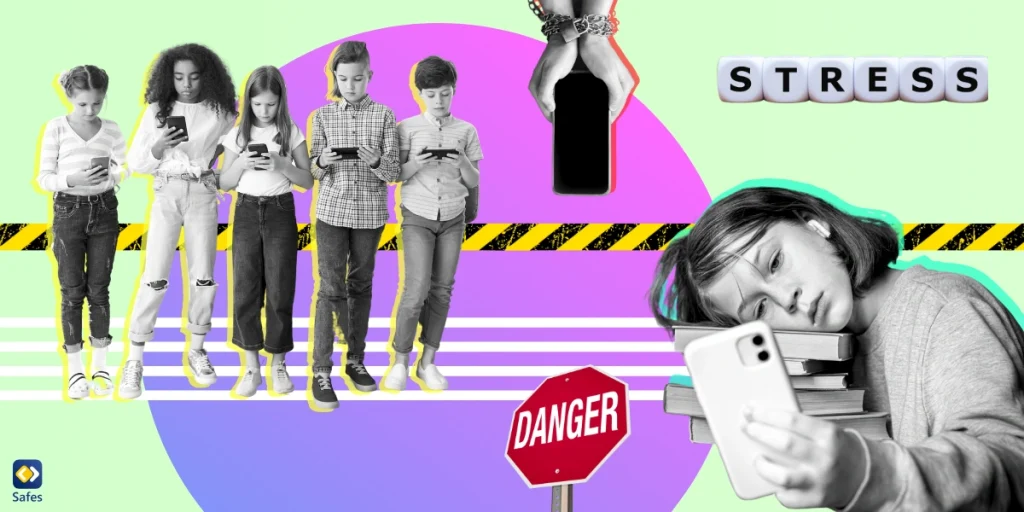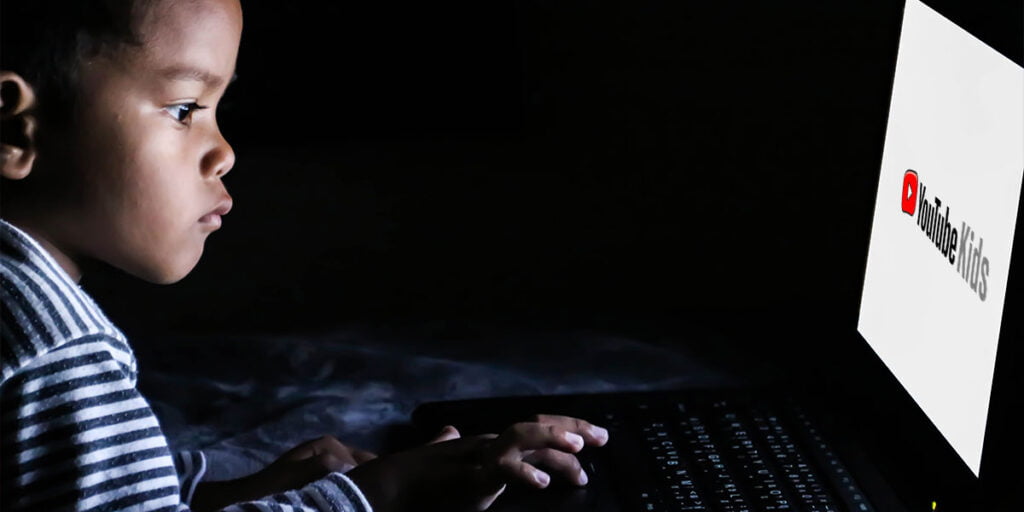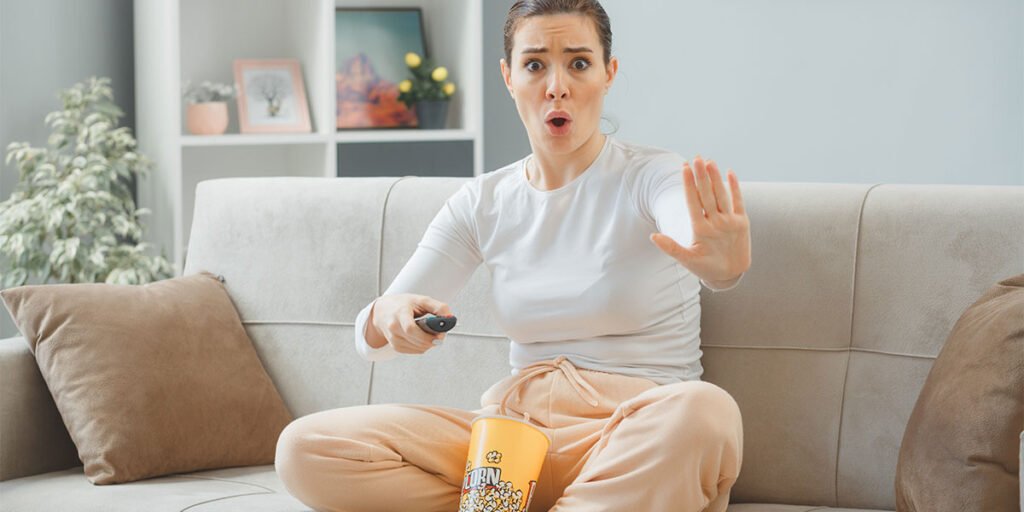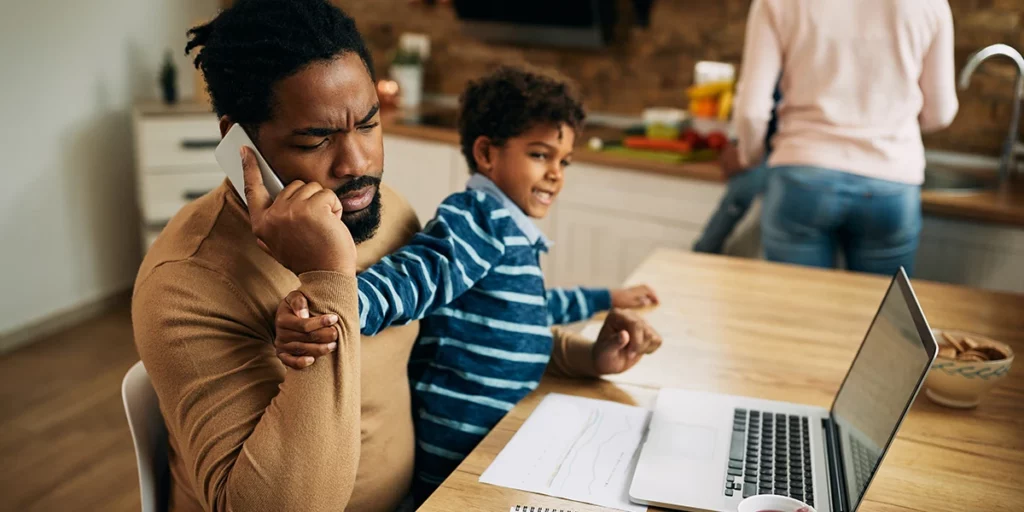Parent alienation is when a parent poisons a child’s mind against the other parent. This usually happens when the two parents are separated. Parental alienation is sometimes the result of two parents that have children going through a bad divorce. But it doesn’t always have to happen in a divorce. The process can have devastating effects on children and parents should learn how to avoid this from happening as best as possible. Read on to learn more about how to battle parental alienation for the sake of your child.
What Is Considered Parental Alienation?
In laymen’s terms, parental alienation is when the relationship between a child and a parent is damaged because of the psychological manipulation of another parent. Note that there are many ways in which the relationship between a parent and a child can deteriorate; parental alienation refers to when one of the parents is responsible for damage to the relationship between the child and another parent.
Parent alienation against a father or a mother is a specific form of family estrangement. Family estrangement refers to when a relationship between two family members is now non-existent, meaning that there is now negligible or no communication between the two individuals.
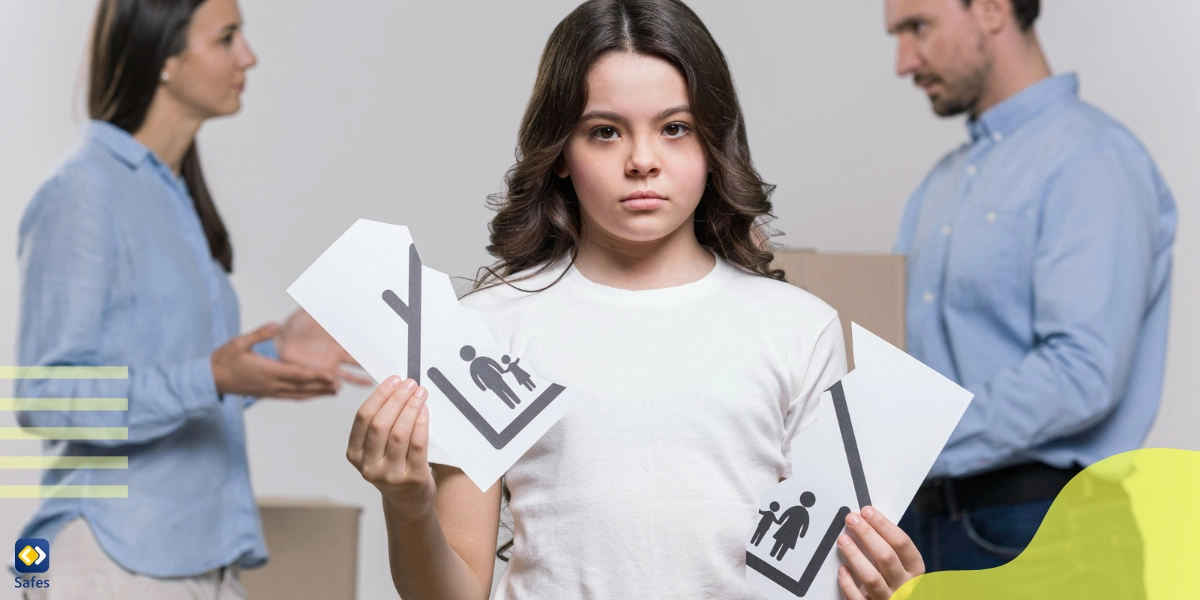
The Impact on Children
Parental alienation against a mother or father has been shown to have negative effects on children, regardless of other marital issues. Of course, this doesn’t mean that all children who have experienced parental alienation report long-term consequences in adulthood. Research has shown that “exposure to more alienation behaviors leads to more negative outcomes in children of divorce”.
According to First Cry Parenting, parent alienation may be linked to sleep disorders such as insomnia in children. Parental alienation can also affect children in other manners:
- Psychological trauma
- Becoming emotionally unavailable in adulthood
- Poor school performance
- Social isolation
Of course, it’s usually difficult to tell what part of these symptoms is because of parental alienation. Most of the time, children of divorce are also the ones who suffer from parent alienation and there’s no way of telling if their emotional distress is because of the former or the latter.
Legal Consideration of Parental Alienation
The term “parental alienation” was first used by Richard Gardner to describe the hatred of a parent by a child that another parent has induced. However, parent alienation is not part of the DSM-5, the manual that offers criteria for mental health professionals to use commonly. This means that psychologists still don’t consider this a separate issue. Though the case could be made that parent alienation should be a subcategory of other problems such as parent child estrangement, that’s for psychologists to decide.
Until then, the fact that parental alienation isn’t officially recognized by psychologists makes it significantly more difficult in legal proceedings, such as when a father turns a child against their mother or vice versa. Though parent alienation can be used in court, showcasing evidence that one parent has “brainwashed” a child against another parent is quite difficult. It would require evidence that is rarely available. But if parental alienation has indeed occurred, one could use evidence of it as evidence of emotional abuse or domestic violence, were the situation to call for it.
Furthermore, in some examples of parental alienation, legal proceedings can worsen the situation. Sometimes lawyers, judges, and the legal process of divorce itself can intensify parent alienation. Especially when a child has to choose a parent to live with and each parent tries to influence their child’s vote by stigmatizing the other.
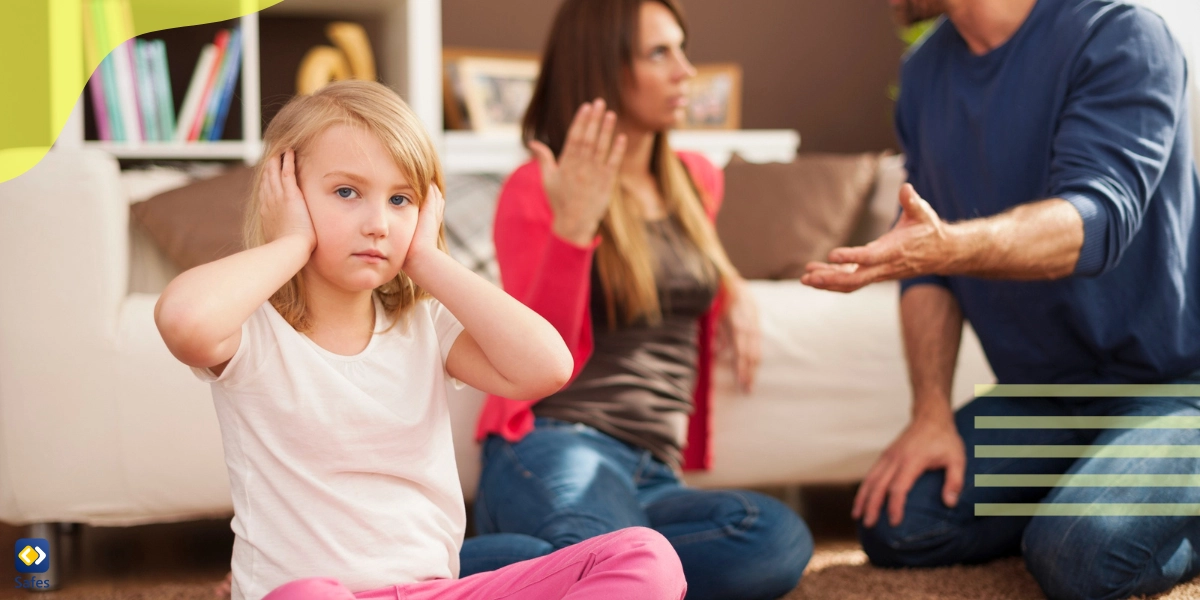
How to Deal With Parental Alienation
Here are some guidelines for parents to avoid parental alienation:
- Prioritize the Child’s Best Interest: Remember that the child’s well-being should always be the top priority. Keep in mind that children benefit from having positive relationships with both parents.
- Maintain Open Communication: Encourage open and respectful communication between both parents. Sharing important information about the child’s well-being, education, and activities can help both parents stay involved and connected.
- Respect the Other Parent: Show respect for the other parent in front of the child. Avoid speaking negatively about them, making derogatory comments, or involving the child in conflicts between adults.
- Create a Parenting Plan: Develop a clear and detailed parenting plan that outlines visitation schedules, responsibilities, and decision-making processes. Having a structured plan can reduce misunderstandings and conflicts.
- Be Flexible: Life circumstances can change, so be flexible and willing to adapt to unexpected situations. This can prevent unnecessary conflicts and help maintain a positive co-parenting relationship.
- Encourage Time Together: Support and encourage the child’s time spent with the other parent. Ensure that the child feels comfortable and safe when spending time with both parents.
- Avoid Using the Child as a Messenger: Communicate directly with the other parent rather than using the child as a messenger. This prevents the child from feeling caught in the middle of conflicts.
- Seek Professional Help: If co-parenting conflicts arise, consider seeking the assistance of a family therapist, mediator, or counselor. These professionals can provide guidance on effective communication and conflict resolution.
- Self-Reflect and Self-Care: Take time to self-reflect and practice self-care. Reducing personal stress can positively impact your interactions with the other parent and your child.
- Educate Yourself: Learn about the negative effects of parental alienation on children and families. Understanding the potential consequences can motivate you to prioritize healthy co-parenting.
- Avoid Using Legal Means to Alienate: Avoid using legal processes, such as court orders or custody battles, as a means to alienate the other parent. Instead, use these measures to ensure the child’s well-being and maintain healthy relationships.
- Use technology to Your Advantage: Technology can help co-parents manage their child’s life more effectively. One example is using parental controls. Using the parental controls on your child’s device such as iPhone parental controls or a parental control app can help manage your child with the other parent more efficiently. An app like Safes can help you manage your child’s digital life and be informed every step of the way. Take control of your child’s digital safety with Safes’ 14-day free trial, accessible on iOS and Android, no credit card needed.
Conclusion
Parental alienation can be hard to prove but its consequences are quite real. It can cause emotional distress for children in the short-term and have far more grim consequences in the long run. Though parental alienation can be used in court, it’s quite difficult. There are ways to reduce the long-term effects of parental alienation syndrome such as supporting and respecting the other parent is possible. A parental control app on your child’s phone can give both you and the other parent peace of mind regarding your child’s digital well-being.

